
How to Handle Anxiety

Illustration: Joel Kimmel
 Anxiety serves as an important adaptive skill to prepare us for challenges, but it can get out of hand. Psychology major Melissa Milanak ’03 helps business executives and other professionals better understand anxiety, stress and sleep so they can improve their performance and quality of life. She is a licensed clinical psychologist with Psychological Assessment Resources, an executive consultant and an associate professor in the Medical University of South Carolina Department of Psychiatry & Behavioral Sciences.
Anxiety serves as an important adaptive skill to prepare us for challenges, but it can get out of hand. Psychology major Melissa Milanak ’03 helps business executives and other professionals better understand anxiety, stress and sleep so they can improve their performance and quality of life. She is a licensed clinical psychologist with Psychological Assessment Resources, an executive consultant and an associate professor in the Medical University of South Carolina Department of Psychiatry & Behavioral Sciences.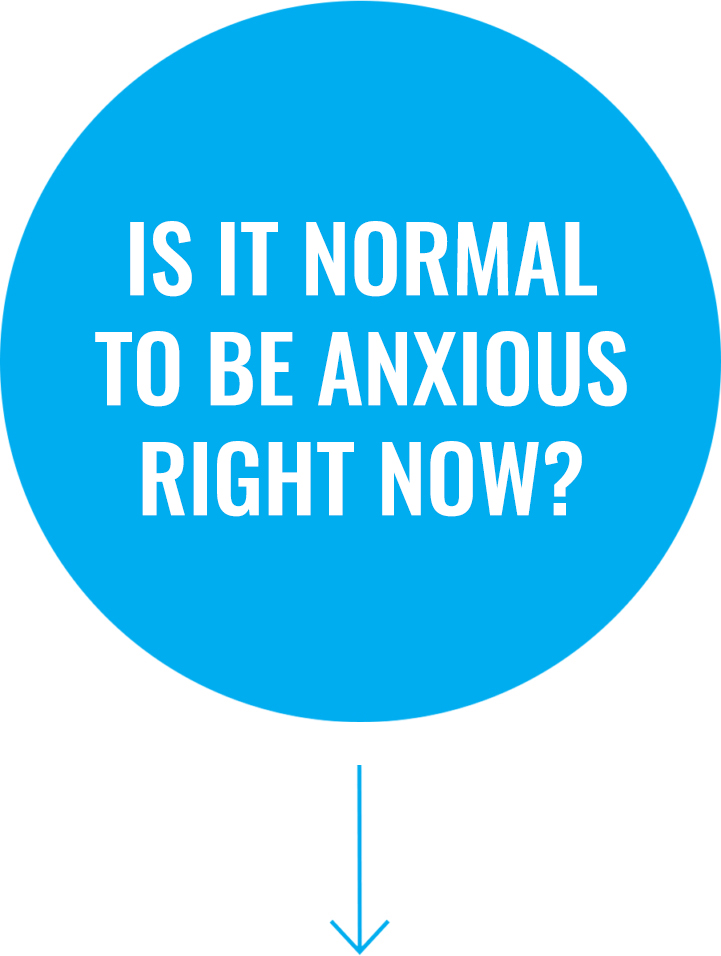
Yes, but we are seeing more burnout and other stress reactions at home and work. First, realize that everyone is affected by these unique circum-
stances. When you are experiencing distress, it doesn’t mean something is wrong with you. We are all living with an unaccustomed level of pressure. Be kind to yourself.
stances. When you are experiencing distress, it doesn’t mean something is wrong with you. We are all living with an unaccustomed level of pressure. Be kind to yourself.
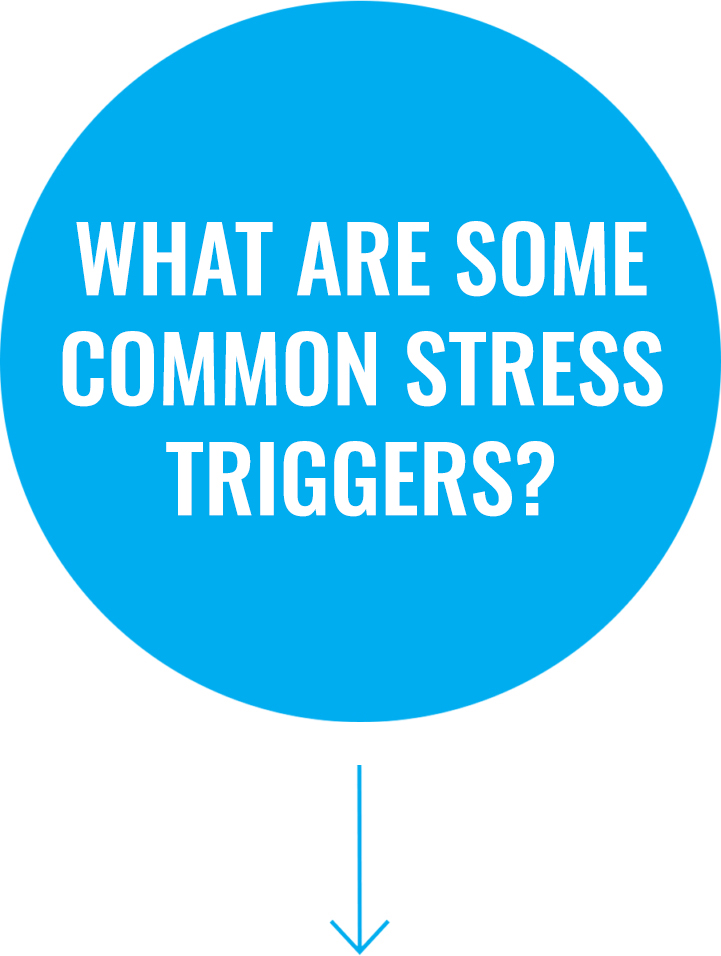
We are inundated with news feeds and social media 24/7. We need to limit how much fear and anxiety we are exposed to. Balance your exposure to negative news with more positive things that are happening as well. Purposely thinking of one thing you are grateful for each day or one thing you are anticipating the next day helps to switch into a more positive mindset.
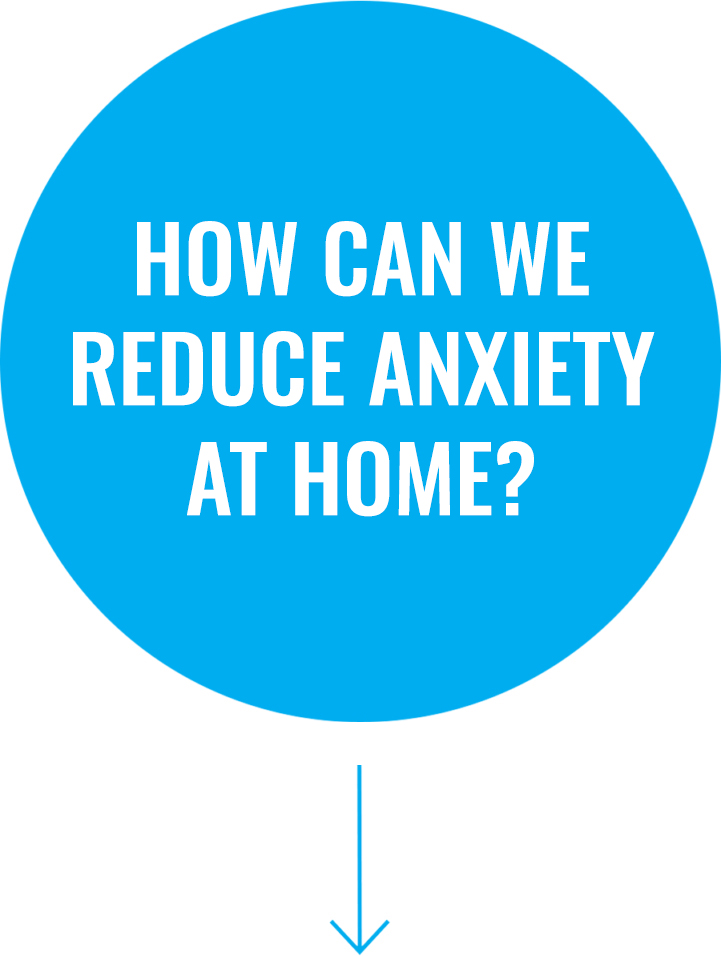
Practice self-care, including good sleep patterns and routines. For adults and children, having a schedule and a routine are crucial to reducing stress. Maintain daily exercise and healthy eating. Focus on what you can do today instead of what you can’t. Look for small wins and accomplishments.
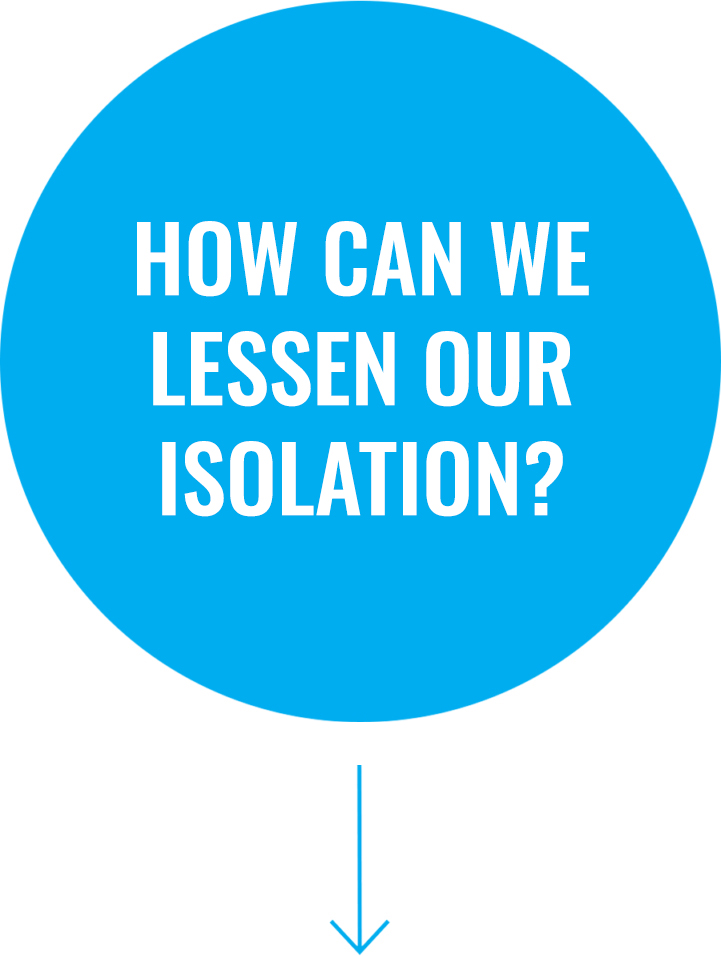
Reach out to friends and others by phone or video call for support. It takes more courage to seek help than to keep it inside until the pressure builds and explodes. Send a card or handwritten letter to brighten someone’s mailbox that’s filled with bills. Don’t feel guilty for taking personal time. Instead, realize that you are supporting others while restoring your own mental resilience.
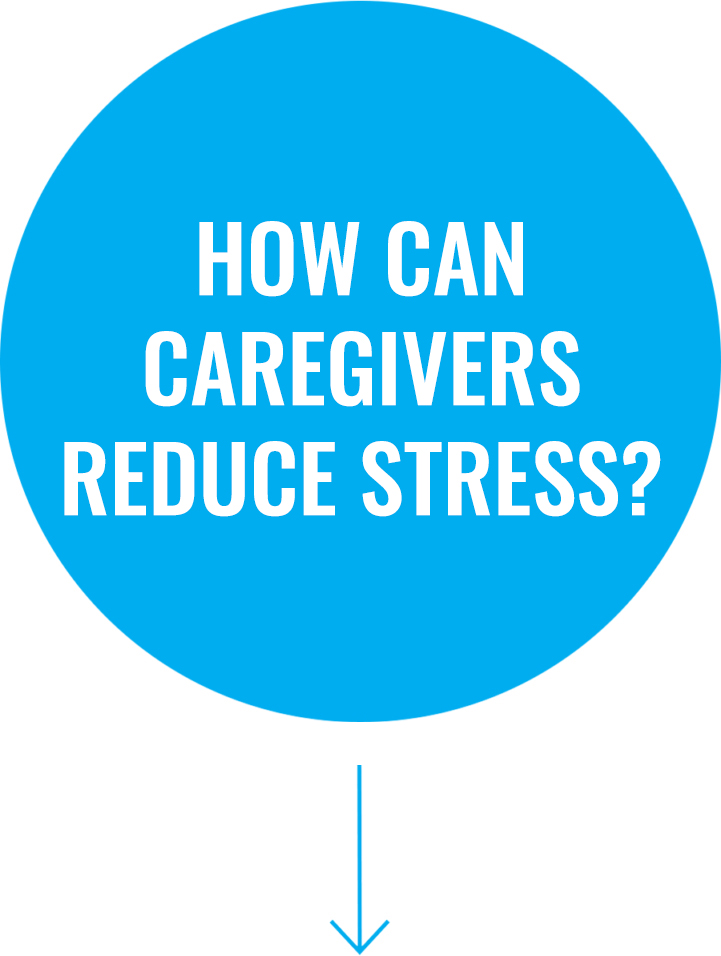
Self-care isn’t selfish. When the kettle is simmering, it’s easier to reach a boiling point. We have been in constant simmering mode with crises for many months. Things can heat up so fast, it can be overwhelming. Be as diligent about recharging your mind and body with rest and exercise as you are about recharging your phone.